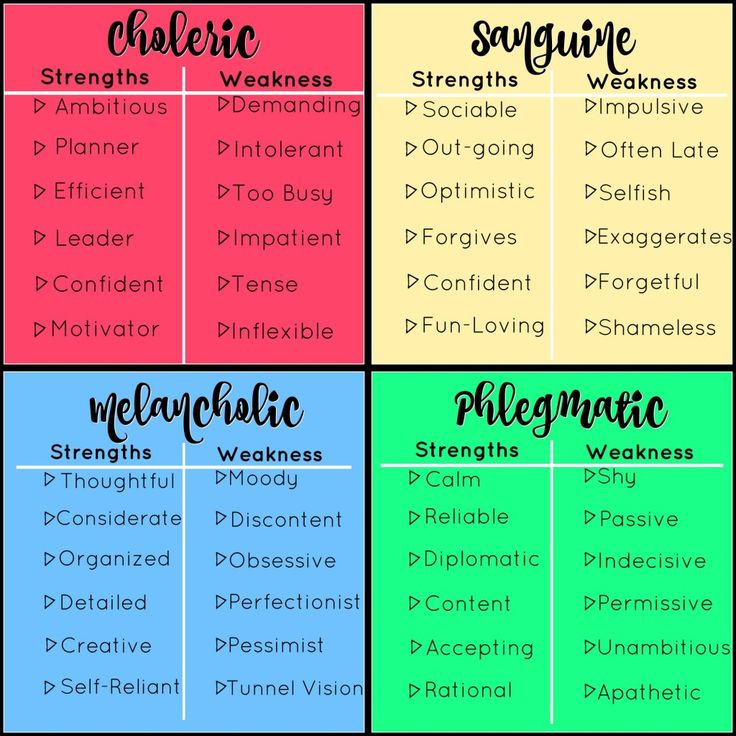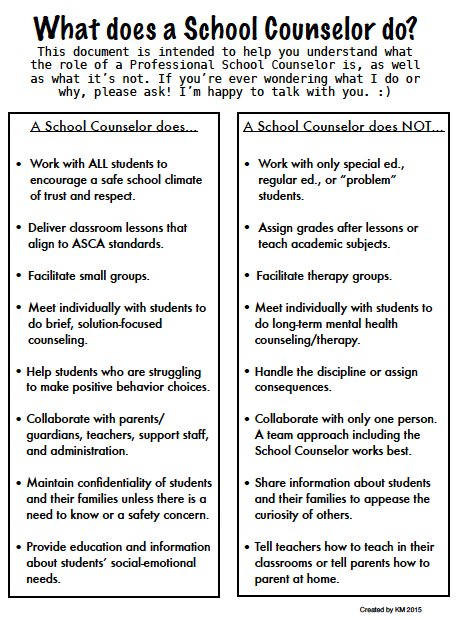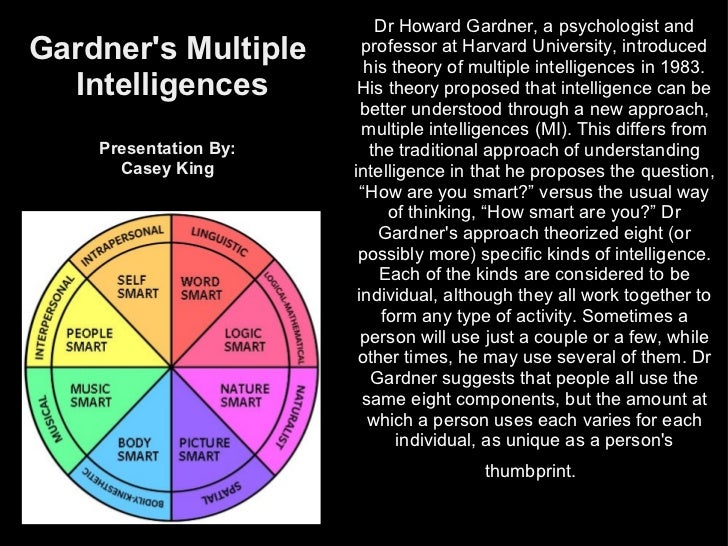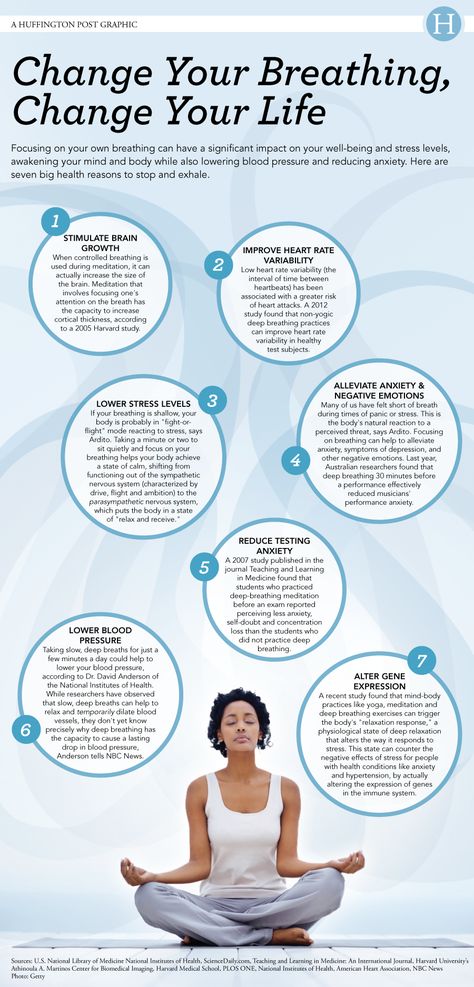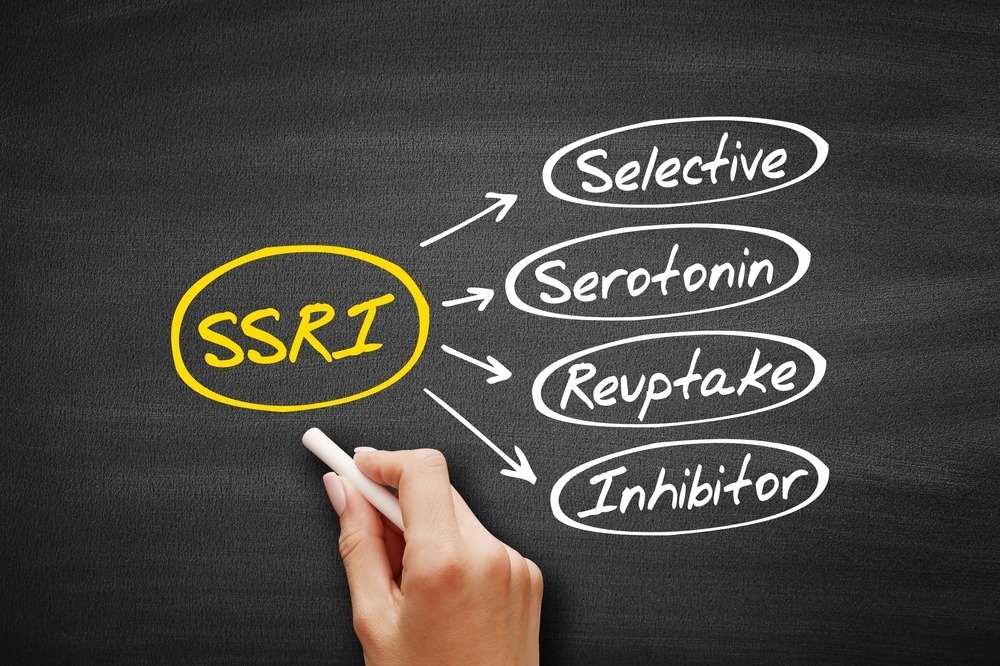Loving someone but not wanting to be with them
Why Loving Someone Isn’t Enough to Make It Work
“We accept the love we think we deserve.” ~Stephen Chbosky
Have you ever thought that you could love someone enough to make everything work?
Have you been in a relationship where you knew you weren’t really happy, but you kept saying, “But I love him/her. Isn’t that enough?”
I know how it feels to believe this. I have felt this more times than I care to admit. The worst was when I fell in love with my ex-husband. He was twelve years my junior, from another country (Greece), and barely spoke English.
Our souls connected immediately, and I fell in love with him. What was I thinking? We had nothing in common. He was not ready financially or emotionally. We could not communicate. Our cultures were different. But I was in love, and shouldn’t that have been enough?
It wasn’t only my ex-husband that I had this problem with. Every relationship I’ve had was fatally flawed. They weren’t flawed because I chose bad, evil men. They were flawed because I fell in love with character and not with our compatibility or their ability to contribute to my happiness.
I fell in love with these men because of who they were, not how they made me feel. Yes, they were kind. Yes, they were ethical. Yes, they were attractive. But not one of them really listened to me. Not one of them treated me like I was the best thing since sliced bread.
Still, I stayed. I kept trying and trying. I kept thinking that if I were enough they would care more. I kept thinking if I gave more they would understand I was doing everything to make them happy, and in return they would want to make me happy.
I stayed hoping some miracle of all miracles would happen, because I loved them and shouldn’t love be enough?
Unfortunately, it isn’t. It never will be. Just loving someone isn’t enough.
So, whether you are in a relationship that you are unsure of right now or if you are just venturing into the dating world, ask yourself these things before you settle down.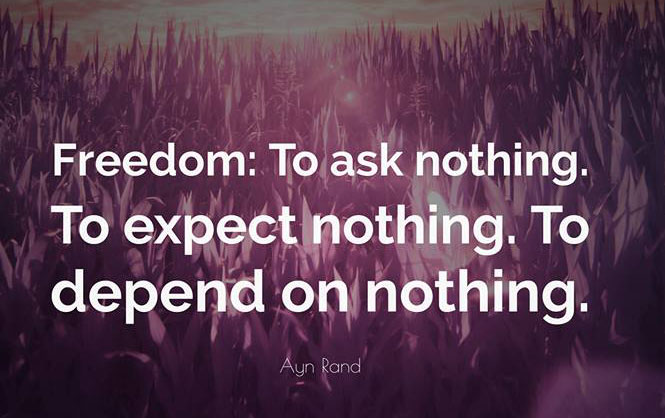
1. How do you feel about yourself when you’re around them?
When you’re around them do you feel content and accepted, or do you feel anxious and misunderstood? Sometimes our relationships can be a reflection of how we feel about ourselves, so be careful not to push your judgment of yourself onto your partner.
Determine whether these feelings arise out of their treatment of you, or whether they are insecurities you have no matter who you are with.
Some people are just a better match for us than others. I’m someone who likes to talk and connect on a deep, emotional level. Unfortunately, I have a habit of choosing partners who don’t like to talk and don’t like to connect, so I always end up feeling alone and misunderstood. There was nothing wrong with them; we just weren’t a good match.
2. Are my needs equal in importance to their own?
When you tell your partner something is important to you, how do they react? If you tell your partner, “I really need to spend quality time with you because it makes me feel special,” and they don’t understand what that means and don’t want to know, then perhaps you are not right for each other.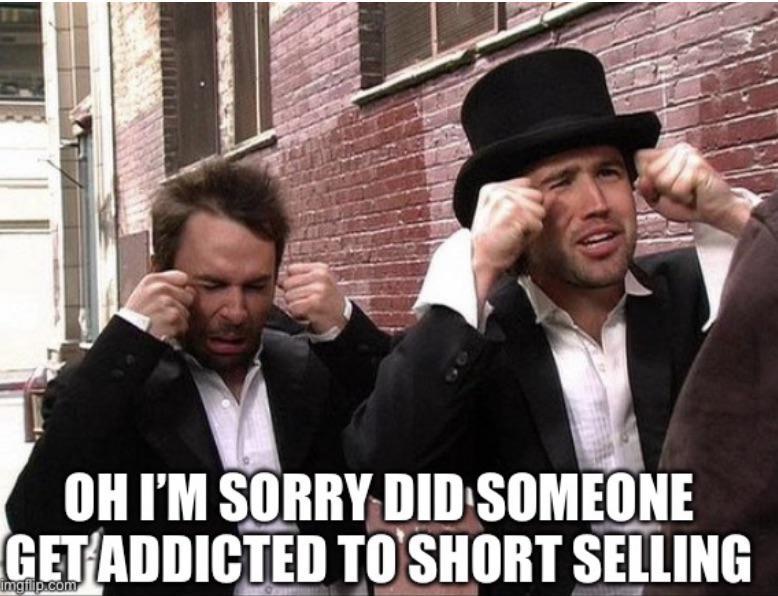
Relationships take two equal parts. If you make your partner’s needs important, then your partner has to do the same or you are in a lopsided relationship and you will never be fulfilled.
I remember one time I came home from an extremely stressful week/month at work, and I really needed to vent. I started talking to my then husband. To this day I remember him saying to me, “Carrie. Carrie. I am not your girlfriend. If you want to talk, call Tracy.”
What could I do with that? If my own husband doesn’t want to talk to me and doesn’t care about my day or that I’m stressed, where can we go? Yes, you can guess where we went. We went to divorce court.
3. Are their core values in line with mine?
We all have core principles and values that we live by. These are different for each of us. However, if your partner does not have the same values you have, then there is likely to be trouble in paradise as time marches on. Core values are things you must have in a partner.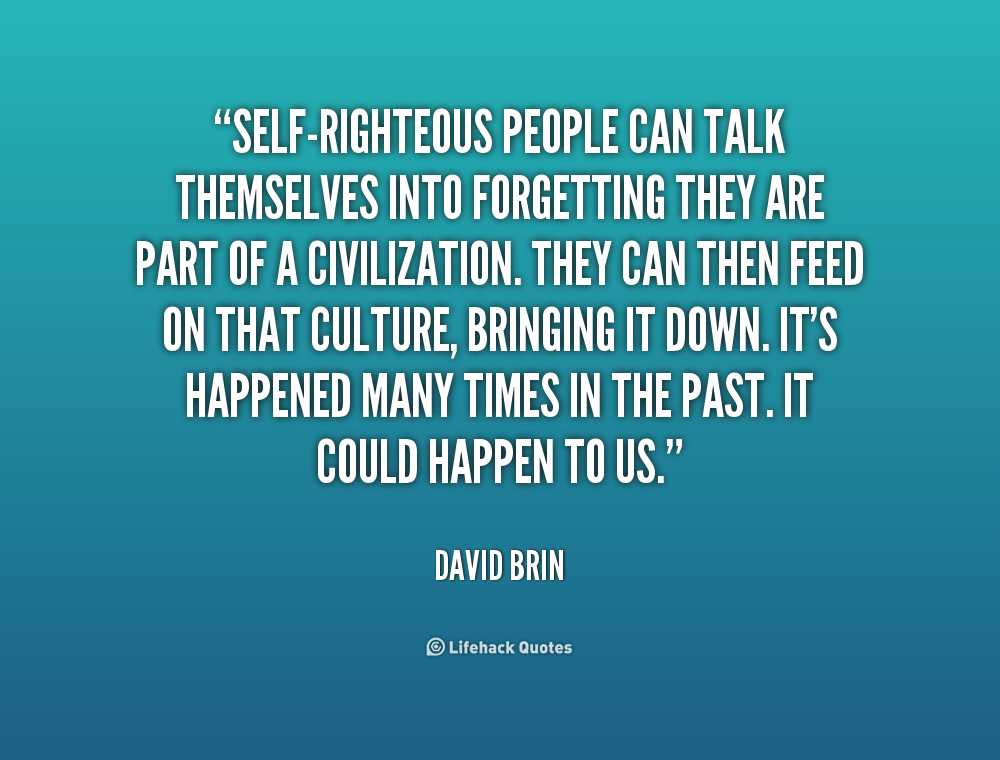
Core values include:
- Religion
- The desire to have children
- How you deal with money
- Integrity
- Fidelity
- Family
- Health
For example, I’m insanely ethical. I was born this way. I can’t explain it. No one wants a cheater or a liar, but many times people cheat and lie and explain it away or justify it. This is completely incompatible with my sense of self, and something I could never accept in a partner. I was drawn to my last boyfriend because of his ethical principles. He was highly actuated in this area and it made me extremely attracted to him because of it.
Some of these things change over time, and sometimes not. Some people can become more religious or decide they want children. It is possible to change the way you view and handle money.
Deeply ingrained core values are not likely to change. If the person you are with is not family-oriented and doesn’t want to be, and you have a huge conflict, you are setting yourself up for trouble. If you want children and s/he doesn’t and never will, then stop trying to make it something it isn’t just because you love him.
If you want children and s/he doesn’t and never will, then stop trying to make it something it isn’t just because you love him.
4. Do they want to know me? The real me?
I believe everyone has different comfort levels in regard to vulnerability. Some people crave intense emotional intimacy, and some do not.
My parents were married for thirty-four years, and I often wonder how much they really knew each other. They were happy and content, but at times it seemed like a surface relationship because neither was willing to show the other their true self. I don’t judge them because that is what they were capable of. For me though, I want and need more.
Are you capable of showing your partner who you really are on your darkest days? Do they want to know? Do you feel accepted and understood for all your quirkiness and irrationality or whatever your personality traits are?
If not, then you may be left perpetually dissatisfied, and over time the relationship will probably erode itself away, or you will be drawn to someone else you think does want to know you and does accept you.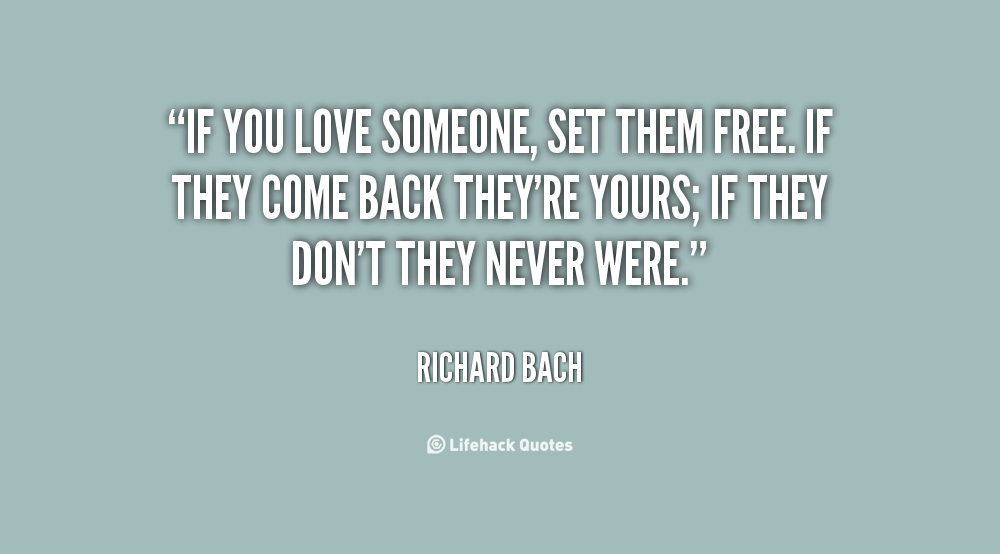 Honestly, this is probably where most affairs start.
Honestly, this is probably where most affairs start.
5. Is my life better with them in it?
Is your partner an asset or a hindrance? Do they support you or suck the life out of you? Do they want you to reach your goals and your dreams, or do they put you down and make you feel like you can’t or won’t accomplish anything?
A partner should be your biggest supporter and cheerleader, and if they aren’t put them on the bench and find a new player. Life is too short to be with someone who doesn’t believe in you. Don’t take this to mean you should be able to do whatever you want and they should accept it. What it means is you should feel content and supported and loved with this person in your life.
Days should not be filled with angst, fights, conflict, or division. If your days are not happy the majority of the time, then ask yourself why. What are you contributing to the unhappiness? Fix your side of the street and see if anything changes. If not, you may need to rethink why you are with them.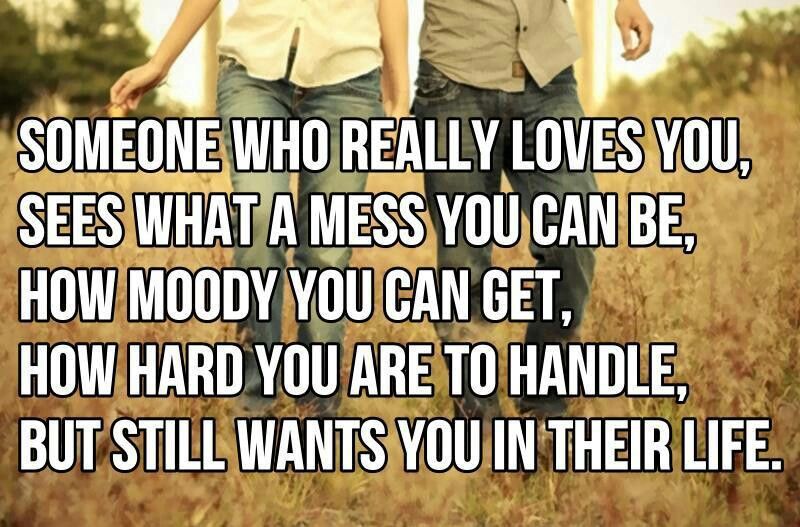
What Do I Want?
Don’t ask these questions just once. Ask them over and over. Ask them in one month. Ask them in six months. Ask them in six years. As much as you love them, and as much as you think they may love you, if they can’t meet your needs, and don’t want to meet them, then you are wasting your time and wasting precious moments of your life.
There are many wonderful, kind people out there, but that doesn’t make them right for you. Just because you love them doesn’t mean you can be happy with them.
Don’t waste years on someone because “you love them.” Every day is a choice. Choose your own happiness, and in doing so you will choose love rather than it choosing you.
About Carrie L. Burns
Carrie L. Burns is a blogger on a mission of self-discovery. As a sexual abuse survivor that struggled for years with depression anxiety, low self-esteem, lack of self-love, and relationship issues, she found her purpose through writing and sharing her story with others. Check out her other writing at www.acinglife.com.
Check out her other writing at www.acinglife.com.
See a typo or inaccuracy? Please contact us so we can fix it!
6 Signs You Shouldn't Be With Someone Even If You Love Them, Because Sometimes It's Just Not Going Anywhere
When I broke up with my first boyfriend, whom I loved dearly, I remember sitting across the table from my dad, crying to him about all the reasons I needed to let that boyfriend go. He was, in many ways, a great match for me, but as college came to an end, I realized that we were headed in different directions, had opposite goals for our futures, and his struggle with addiction was something that I just couldn’t handle. But how do you know if you should break up with someone? Through my tears, adamant about just how much I loved him, my father told me, “Sometimes love isn’t enough.” At 22, it’s a hard concept to wrap your brain around, especially when talking about your first love. But I added it to my collection of quotes from dad and assumed that it would make more sense later on in life. And it did.
And it did.
Since then, the idea that love is not always enough has come up time and time again. I have been in love only a few times in my life, and with each ending of these relationships, it wasn’t about a lack of love, but simply the fact that sometimes you’re just not right for someone. Just because you love someone doesn’t mean you’re a match made in heaven. In fact, in some of these cases, it’s better to end it and move on, no matter how much it hurts. Because as Dad said that day, "Sometimes love isn't enough."
Check out Bustle's 'Save The Date' and other videos on Facebook and the Bustle app across Apple TV, Roku, and Amazon Fire TV.
Here are six signs that you shouldn’t be with someone, no matter how crazy mad in love with them you just might be.
1. You Have Different Ideas For The Future
If you want to travel the world and skip the whole motherhood thing, but your partner wants to be a parent within the next couple of years, then you need to say goodbye.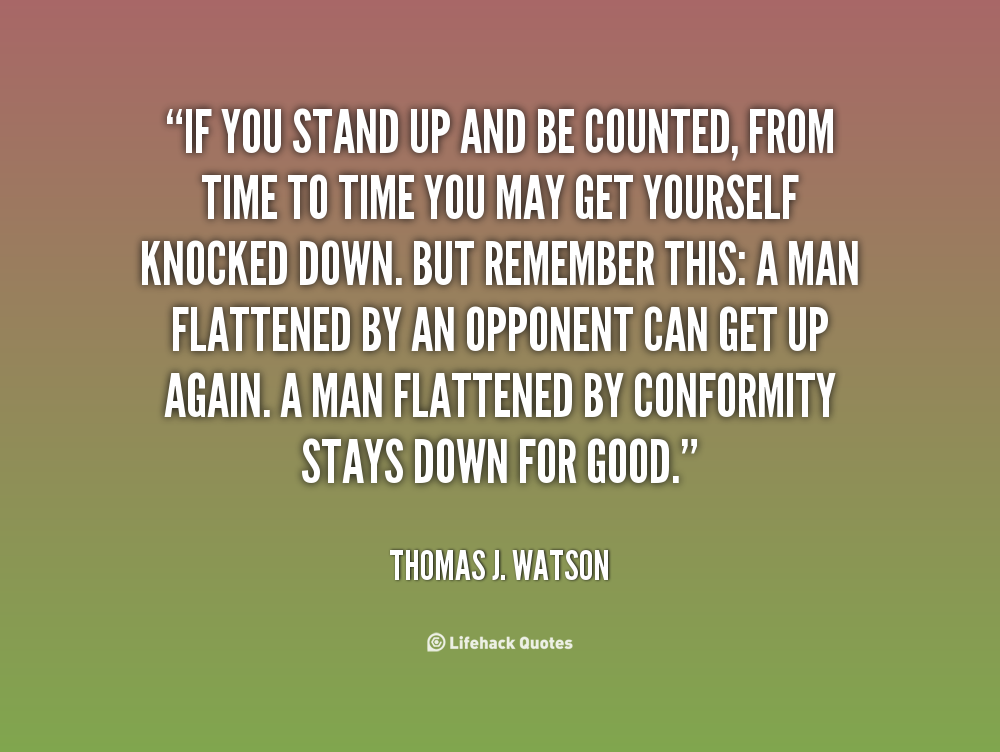 When it comes to the future — kids especially — no matter how much you love your partner, it’s not something on which someone's mind can easily be changed.
When it comes to the future — kids especially — no matter how much you love your partner, it’s not something on which someone's mind can easily be changed.
2. You Have No Sexual Chemistry
I once loved someone so much that even the mention of his name would have my heart pounding out of my chest, and I’d begin to tremble. But as much as I did love him, our sex life was just, oh, how do I put this nicely … horrendous. But in loving him so much, I was willing to overlook it for far longer than I should have.
Study after study has proven that sex is a necessary component in a healthy relationship. I’m not saying that it has to be great all the time, but you and your partner should at least have a decent amount of chemistry between you. Sure, you can have a loving relationship without sex, but as sexual creatures, why would you want to?
3. You’re Constantly Sacrificing Yourself For Them
Relationships are a partnership. Or at least, they should be. If one partner is giving more than the other — whether it be financially, emotionally, mentally, or even around the house with chores — and no amount of communication has remedied the situation, then love can’t save it either. You can’t spend the rest of you life picking up the slack of someone else, no matter how much you love them. You’re supposed to be their partner, not their mother.
You can’t spend the rest of you life picking up the slack of someone else, no matter how much you love them. You’re supposed to be their partner, not their mother.
4. You Can’t Function Without Them
Yes, when you love someone, you want to insert them into every aspect of your life. But there’s a fine line between "want" and "need," and when the "need" outweighs the "want," you have a codependent situation. Codependency is a major sign of an "unhealthy clinginess," in which you just can’t live your life without your partner. If you’ve found that, despite your love for them, you’re actually living for them and you’re unable to think of anything else, then it’s a sign that you’re not meant to be. Healthy relationships wouldn't spark such obsession in someone.
5. Neither One Of You Is Willing To Compromise
Relationships are about meeting each other halfway. Like maybe your partner likes pepperoni pizza and you like mushroom, so you either suck it up and get both on the whole pizza or do half pepperoni and half mushroom.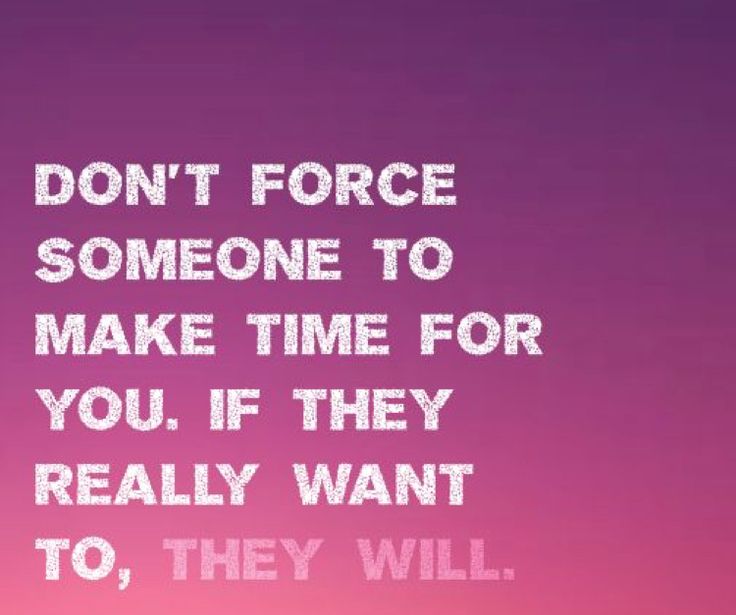 That’s just how things roll in a relationship. But if you find that your partner doesn’t want to compromise, or that you're feeling forced to compromise too much, to the point where it’s making things unbearable, then love can't beat pigheadedness.
That’s just how things roll in a relationship. But if you find that your partner doesn’t want to compromise, or that you're feeling forced to compromise too much, to the point where it’s making things unbearable, then love can't beat pigheadedness.
6. You Feel Like You’re Not Going Anywhere
This isn’t just about your future, but also your day-to-day together. Relationships are supposed to be supportive, to allow for evolution, change, and ups and downs, and to cause both you and your partner to grow as people. If you feel like you and your partner have just become a stagnant swamp that doesn’t do anything but collect algae and drown dead bugs, then it’s sign that you’re just not right for each other. You can't fix a stagnant swamp with love.
Want more of Bustle's Sex and Relationships coverage? Check out our new podcast, I Want It That Way, which delves into the difficult and downright dirty parts of a relationship, and find more on our SoundCloud page.
Images: vijayvagh590/Pixabay; Giphy(6)
Psychologist's blog: is it possible to love, but not want?
- Elena Savinova
- Psychologist
Why do people not always want those they love? Or, conversely, sexual desire is sometimes completely unrelated to love.
Probably everyone who is in a long-term relationship is familiar with this situation: we still love, respect, appreciate her husband or wife or his contribution to family life.
But sometimes in the evening we try to sneak into the bedroom unnoticeably first and "fall asleep" before the partner arrives. Or sit on the couch in front of the TV and, as very tired, fall asleep there. nine0011
But we really didn't stop loving at all. Or maybe we love even more - because a feeling of guilt is added to the former tenderness for having, as it were, lost interest in a partner.
Unlike other relationship problems, this one is more difficult to solve. Because people are not very inclined to discuss it with partners.
Indeed, the confession "I don't want you anymore" looks somehow insulting.
Those who have tried to discuss this know that they are in a situation of so-called zugzwang. When, no matter what you say or even keep silent, everything will turn against you. nine0011
nine0011
After all, "cooling off" on the love front is instantly and unequivocally interpreted as something that he or she no longer loves and that the partner is undoubtedly cheating!
Or, if your half is insecure and therefore prone to self-reflection, he will decide that, because he is not good enough, he has simply become uninteresting to you.
We make love, so we exist?
The author of the photo, Getty Images
Having started to prove that all these conclusions are false, you allegedly justify yourself, which means there is something. Be silent - it means that you confirm the "guilt" as well. nine0011
Therefore, some people prefer to wait in silence until the problem is solved somehow. Others - to pretend that everything is fine, so as not to be intrusive.
Meanwhile, chilling in bed can cause people to drift apart. And not because of the lack of sex as such. But because good sex in our time is considered by many to be the best manifestation of love, a sign of family well-being.
But because good sex in our time is considered by many to be the best manifestation of love, a sign of family well-being.
If it is not there, then there is no confirmation of the above.
What happens when we truly love, but do not feel crazy sexual attraction? nine0011
Love is a feeling built on tenderness, the desire to take care, protect and be protected. The need to give. It is deep, calm and long lasting.
Sex, on the contrary, is selfish, based on tension, the desire to conquer, overcome, subdue. Therefore, it is not surprising that we do not always love those to whom we can feel a sudden sexual attraction
In bed with a "class enemy"
always for some reason attracted women - class enemies. That is, quite bourgeois glamorous ladies. nine0011
Paradoxically, but a strong desire can arise for a woman who is even annoying. An acquaintance told me that he could not stand his wife in the first year, even her manner of speaking annoyed him. And on the fourth - there was no one in the world better than her for him.
And on the fourth - there was no one in the world better than her for him.
Therefore, in the so-called situational betrayal, that is - on a business trip, under the influence of alcohol, many men do not see anything wrong. And when they frankly admit that they wanted other women, whom they did not love at the same time, but loved only their wife, this can be true. nine0011
Of course, I do not call for adultery to be considered acceptable. I'm just stating that it often has nothing to do with love. I don't think this will make it any easier for anyone. But at least it's clearer.
And yet, how to behave so that marital love coincides with erotic attraction?
Syndrome imaginary coercion
- Be close strangers. Do not fall into sister-brotherhood and any other kindred relationship. Do not become your husband's mother, grandmother, daughter. Maybe so cozy and safe, but not interesting and contrary to the nature of sexual desire.
 nine0004
nine0004
- Do not close each other. Get close to a certain extent. Do not "load" your partner with the smallest details of your problems at work, relationships with relatives or girlfriends. And do not turn yourself into a "vest" for him. Let for this you and he will have someone else.
- Do not violate personal space. Neither yours nor someone else's. Don't become one, half, one Satan. Healthy tension requires distance.
- Do not frighten yourself and your spouse with such statements as "one for life", "soul to soul". For too impressionable people, such ironclad intentions will cause a syndrome of imaginary coercion. This is when what you used to do willingly, now you have to do it. Which means you don't want to. nine0004
- Be yourself. Have your own opinion. Often we, trying to please our loved ones, become "convenient", that is, we say and do only what they want.
 But they loved us differently. And now we offer them to want their alter egos. I remember how in one novel about the war, an officer who lost his wife asked a foreign girl to learn and repeat two words - "no" and "never".
But they loved us differently. And now we offer them to want their alter egos. I remember how in one novel about the war, an officer who lost his wife asked a foreign girl to learn and repeat two words - "no" and "never".
Personality is very sexy
Image copyright ROSLAN RAHMAN / Getty
And a few more tips:
- Do not mock or criticize. Nothing kills passion like constant ridicule. If you don’t like something, say it directly, but so that it concerns actions, and not the person as a whole.
- Live interestingly. Develop as a person. Read, learn something new, get carried away, make a career. It's very erotic.
- Include a sense of humor. This makes it easier to perceive even unpleasant things, and instead of clarifying the relationship, just laugh. nine0004
- Be honest.
 If you do not feel like making love, do not do it "so as not to offend" your partner. So say that today you want hugs and tenderness, but not sex. He/she will understand you.
If you do not feel like making love, do not do it "so as not to offend" your partner. So say that today you want hugs and tenderness, but not sex. He/she will understand you.
- Do things together. Nothing excites as much as a common goal, to which you go together.
Just such a strong love: healthy feelings or addiction?
Urgent need to be needed by another person. Addiction does not bring pleasure from the opportunity to be with someone together, help or support, but, on the contrary, causes suffering when there is no such opportunity. nine0011
Previously, in psychology, there was an opinion that a dependent relationship is when one person in a couple supports in one way or another the dependence of the other (from alcohol and illegal substances to gambling), mental illness, irresponsibility and other unhealthy patterns of behavior of the other partner. Now, when they say that someone is in a dependent or co-dependent relationship, they mean that a person is very afraid of losing a partner, overly relying on his support and approval. The components of such an addiction can be difficult to live with, but nevertheless it is not the same as “dependent personality disorder”, in which people feel completely helpless without the support of other people. nine0011
The components of such an addiction can be difficult to live with, but nevertheless it is not the same as “dependent personality disorder”, in which people feel completely helpless without the support of other people. nine0011
Advertising on RBC www.adv.rbc.ru
Most of us are in dependent relationships to one degree or another. We all rely on loved ones, we are waiting for support, we want to tell our partner how the day went, and so on. The difference between painful addiction is the feeling of one's own inferiority when separated from a partner. In this case, the relationship ceases to bring satisfaction and serve as a constant source of anxiety. Such feelings are a signal that the relationship needs to be worked on. nine0011
To deal with addiction in a relationship, the first step is to identify the symptoms.
© Obsession, 2004
- Desire to please
You constantly think about what else to do to make your partner feel good, so that he sees what a wonderful person you are. Does he have some problem? You immediately undertake to solve it. You think that your partner appreciates you precisely because you are always there and will be able to resolve any of his difficulties, despite personal inconveniences and risks. You don't care about yourself and are willing to renounce anything to show you care. It sounds like a perfect romantic concept, but in practice, after all this, you feel empty or even exhausted. This is a natural reaction of the body, since, acting out of a desire to prove our “necessity”, we experience great stress. In a healthy relationship, there are other motives that allow you to act without such emotions (and often more effectively). nine0011
Does he have some problem? You immediately undertake to solve it. You think that your partner appreciates you precisely because you are always there and will be able to resolve any of his difficulties, despite personal inconveniences and risks. You don't care about yourself and are willing to renounce anything to show you care. It sounds like a perfect romantic concept, but in practice, after all this, you feel empty or even exhausted. This is a natural reaction of the body, since, acting out of a desire to prove our “necessity”, we experience great stress. In a healthy relationship, there are other motives that allow you to act without such emotions (and often more effectively). nine0011
- Belief that if you make a mistake, you will be abandoned
You are constantly trying, working on yourself, trying to do everything perfectly. You believe that if you make a mistake, act stupidly, then your partner will definitely leave you, because he will not be able to stay with "such a person.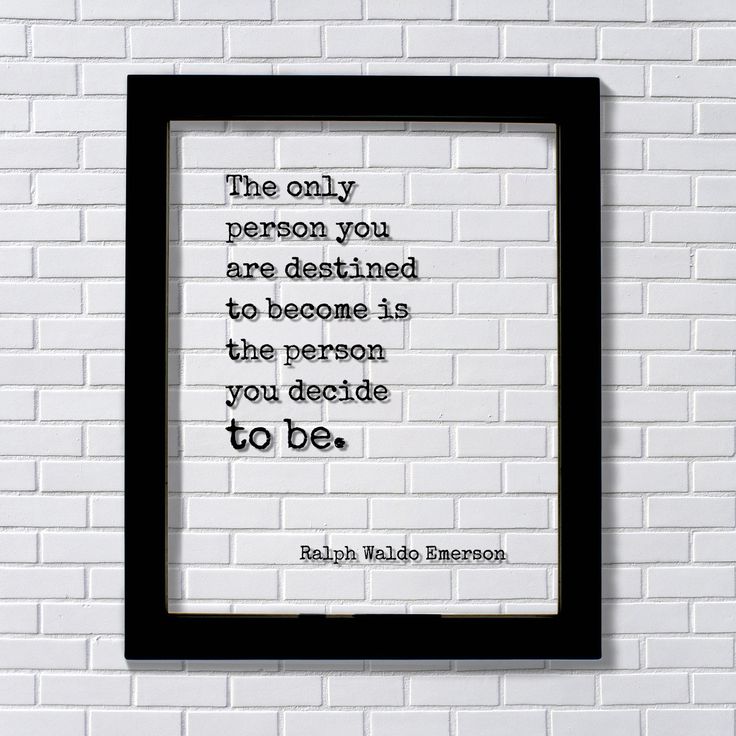 " You think that only you are responsible for the relationship and should try not to lose it.
" You think that only you are responsible for the relationship and should try not to lose it.
- Difficulty making decisions on your own
If you ask yourself how you feel or what you want, it will be difficult for you to answer. You are often not sure what decision is better to make, whether to buy some thing or not, what is the best thing to do in a given situation, so you constantly ask your partner, check with his opinion. You want him to show you how to do it.
- Conflict avoidance
You'd better keep silent than complain. Why say something is wrong? After all, there will be a conflict, so you think it’s better to give in and not say what you want. It is difficult for you to express your feelings, experiences and dissatisfaction. nine0011
- Desire to be with a partner all the time
You want to be with your partner all the time, spend as much time with him as possible. You have already forgotten the last time you met with friends on your own or when you went somewhere. You do not rest from each other at all and almost do not spend time apart.
You have already forgotten the last time you met with friends on your own or when you went somewhere. You do not rest from each other at all and almost do not spend time apart.
- Breakups cause undue pain
Parting with a partner is a serious grief for you. Just thinking about it makes you step over yourself and go against your principles. You are literally ready to do anything to save the relationship. nine0011
- Desire to control everything
Since the most important thing is not to lose relationships, everything can be used, including total control. You are driven by the desire to constantly know where the partner is, with whom he is, what he is doing, what he is talking about, what he is thinking about. You need to be aware of everything in order to be able to influence the situation.
- Negative
The biggest difficulty in dependent relationships is that most often they deny the real state of affairs, and the partner and the situation are idealized. “We don’t have any addiction, I just love him very much.” It is very difficult to admit that there is some heavy component in such an expensive relationship. nine0011
“We don’t have any addiction, I just love him very much.” It is very difficult to admit that there is some heavy component in such an expensive relationship. nine0011
© Obsession 2004
- Education
Our perception of ourselves is formed through the reflection of us by our parents. When a three-year-old girl spins in front of a mirror and hears: “You are so beautiful,” then she will know that she is beautiful. When she hears: “You are so kind, you helped the girl find the doll,” she will know that she is kind. Collecting such assessments of parents in our internal piggy bank, we create an image of ourselves. And if we did not hear positive comments from parents or, on the contrary, received a lot of negative ones, then we begin to urgently need to hear such assessments from the outside. It becomes necessary for us to constantly hear how good, valuable, important and so on we are in order to feel ourselves as such. Compliments are great, but it’s bad when it’s hard for us to feel good without them. nine0011
nine0011
- Child injury
Some severe childhood traumas, an early break in relations with an important person, for example, the father left the family and stopped communicating with the child, could have influenced the formation of a tendency to dependency relationships.
- Trespassing
If the parents do not respect the personal boundaries of the child, then, turning into an adult, he may be prone to getting into a dependent relationship. When parents enter the room without asking, take things, get into the phone or personal diary with checks - this blurs the boundaries of the child, he gets used to this attitude and either tries to act in this way in adulthood, or expects the same from a partner. nine0011
© «Obsession», 2004
If there is a lot of passion, emotions, strong affection in a relationship and everything suits you, why can it be bad?
- Emotional exhaustion
Dependent relationships can lead to emotional exhaustion, as they involve great sacrifice, constant concessions and actions contrary to oneself. Not caring for yourself in favor of caring for others also leads to exhaustion.
Not caring for yourself in favor of caring for others also leads to exhaustion.
- Not quite my life
If you think about others more than about yourself, keep silent about your needs and desires, do not pay attention to their implementation, try all the time to be not quite yourself, but to correspond to the ideal image, then life becomes as if not quite your own.
- You can be used
Research shows that most cases of psychological or physical abuse by one partner over another occur precisely in dependent relationships. nine0011
© "Obsession", 2004
Such symptoms, of course, can manifest themselves not only in romantic relationships, but also in any other. The problem solving steps that we offer are suitable for working on relationships of any format.
- Start by identifying your strengths. Their understanding will give great support in the process of working on yourself and relationships.
 For example, people who try to please others often have a highly developed ability to understand others, their desires and experiences. This can be used to enrich communication with other people. nine0004
For example, people who try to please others often have a highly developed ability to understand others, their desires and experiences. This can be used to enrich communication with other people. nine0004 - Analyze your symptoms of addiction. Think about what you think are signs of a healthy relationship. What is important to you in such a relationship? How could moving into such a relationship enrich your life? Answering these questions will help you increase your motivation to work hard on yourself and relationships.
- Learn to give yourself positive feedback and support. It's very difficult. Try to celebrate your victories, even the smallest ones. Praise yourself for them, even if it seems silly at first: constant repetition can help you become less dependent on other people's evaluations. nine0004
- Think about what you do for yourself. Write a list of ways you can take care of yourself, make yourself happy. Maybe you have long wanted to go somewhere or try some new activity? Please yourself.
 Remember what brings you pleasure, what you like to do. Make time for your wants and needs. Try to do at least one thing for yourself every day.
Remember what brings you pleasure, what you like to do. Make time for your wants and needs. Try to do at least one thing for yourself every day. - Work on personal boundaries. Think about when you feel uncomfortable with your partner. When he raises his voice or speaks in a rude way, do you remain silent, but do you feel bad? So there must be a boundary here. How do you usually react to its violation? Think about what new rules you need to establish in order to feel better next time in such a situation. Do you want your partner to take a break before going into another room, or to apologize for being rude? Tell him about your thoughts. nine0004
- Psychotherapy is best suited for working with addictive relationships, as it helps to track what is in the blind spot and get out of denial of problems. Most people in addictive relationships don't realize that they can do things to increase the addiction. The psychologist helps clients try new behavioral strategies to turn the tide and improve the quality of the relationship.

Learn more

